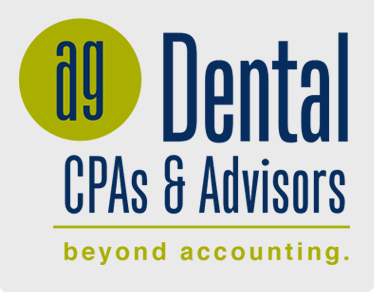
Tax coaching for dentists can be a great way to save money and ensure that your finances are in order. It can also be a way to ensure that you are taking advantage of deductions and credits that you may not have known about. Tax coaching can help you understand the complex laws and regulations that govern the taxation of dental practices.
In the United States, taxes are a major responsibility of all dentists. The Internal Revenue Service (IRS) requires dentists to file an annual income tax return, as well as pay taxes on their income and any profits earned from the practice. Dentists who work with a tax coach will be able to maximize their deductions, credits, and other benefits.
Tax coaches can help dentists understand the intricacies of tax preparation. They can provide guidance on how to fill out tax forms, make sure that all deductions are taken advantage of, and provide advice on the proper filing of returns. They can also assist with the timely filing of taxes, which is necessary to avoid penalties and interest charges.
Tax coaches can also provide advice on how to structure your business for tax purposes. This includes advice on the best way to set up a business entity, such as an LLC or S Corporation, and how to structure your income and expenses in a way that minimizes your tax liability. They can also help you understand the tax implications of certain investments and can provide guidance on capital gains and losses.
In addition to helping you understand the tax code, tax coaches can help you identify areas of your finances that may be in need of improvement. They can help you set financial goals and develop a plan to reach those goals. They can also provide advice on how to manage your cash flow and debt, as well as how to plan for retirement.
Tax coaching can be a valuable tool for dentists who want to maximize their profits and minimize their tax liability. A tax coach can provide guidance and assistance on a variety of topics, from setting up a business entity to taking advantage of deductions and credits. With the help of a tax coach, dentists can ensure that they are taking advantage of all the tax benefits they are entitled to and can enjoy the peace of mind that comes from knowing that their finances are in order. To learn how we can help, contact AG Dental CPAs and Advisors to schedule a consultation.




